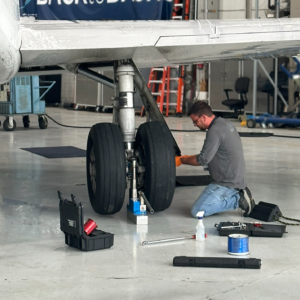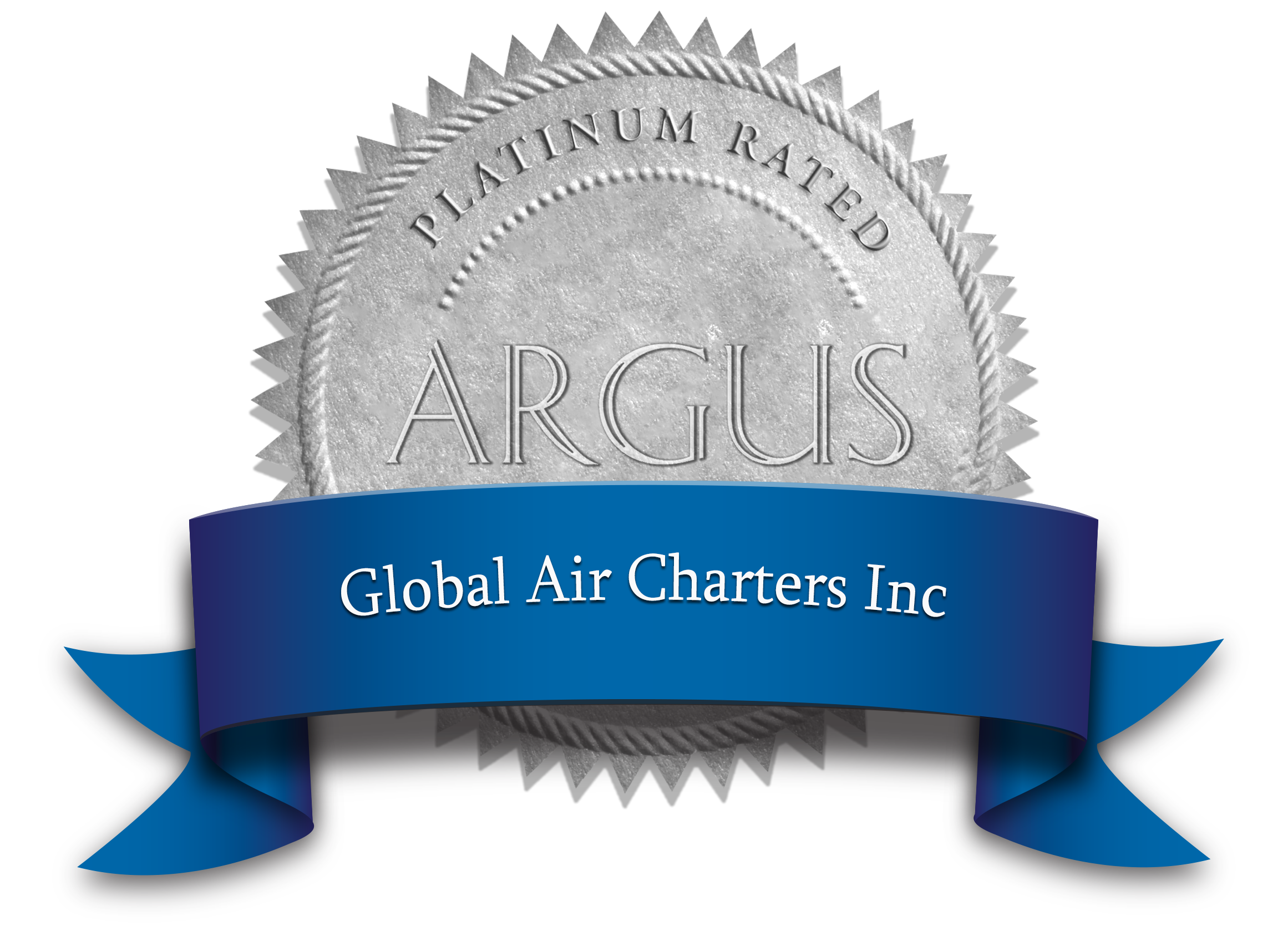Avoid these mistakes to make your airframe acquisition as smooth and advantageous as possible
Buying a private jet is a complicated transaction. Like buying a building or acquiring a company, several facets of the process may catch first-time buyers unaware.
At Global Air Charters, we have decades of experience in airframe acquisition. We know all the red flags and we love sharing our expertise with prospective buyers.
Here are five common pitfalls you should try to avoid when buying a private jet. For the best outcome, it’s essential to have a trusted advisor by your side throughout the process. Contact us today to learn how we can help make your acquisition a success.
Not Considering Depreciation
Just like any vehicle, the value of a private jet depreciates over time. Depreciation is generally much higher in the first few years before leveling off later in the airframe’s lifespan. Accounting for this loss in value is crucial to ensuring the success of your investment.
There are a few different ways to calculate jet depreciation. You should know which one fits your financial strategy before you buy.
Not Understanding the Tax Implications
Several states impose a use tax on operating private jets if no sales tax was paid at purchase. If your business buys the jet but you also use it for personal trips, the IRS considers that a taxable fringe benefit. Some states and municipalities impose property taxes on jets. Flying to some foreign countries might trigger a value-added tax.
These are just a few of the dozens of tax implications of jet ownership. That’s why we recommend working with a tax professional who specializes in aviation. They can guide you to take advantage of the many tax benefits while avoiding unexpected liabilities.
Underestimating the Ongoing Costs
 The jet’s purchase price is only your first expense of many. The operating costs of jet ownership include maintenance, fuel, hangar fees, insurance, crew salaries, and more. New buyers often overlook the cost of customizing or refurbishing an aircraft to meet their needs. These upgrades can be expensive and may take longer than anticipated.
The jet’s purchase price is only your first expense of many. The operating costs of jet ownership include maintenance, fuel, hangar fees, insurance, crew salaries, and more. New buyers often overlook the cost of customizing or refurbishing an aircraft to meet their needs. These upgrades can be expensive and may take longer than anticipated.
New buyers should develop a financial plan for the life of their investment. We are experts in airframe management and can help estimate these costs so you can prepare your financing accordingly.
Choosing the Wrong Financing
When you work with an institution to finance your purchase, you’ll have a lot of options. You must carefully consider your current finances, plans for the future, and risk tolerance to choose the right one.
For example, you might opt for a short-term loan to avoid paying lots of interest. But if your income is seasonal or performance-based, the high monthly payments could quickly become a burden. Similarly, a variable rate loan could make the jet more expensive over time.
You might be tempted to finance 90% or more of the purchase to avoid upfront costs. But that leaves little equity in the airframe, which can be a problem when the jet depreciates. If you suddenly need to sell, you could be underwater on the loan, incurring a huge loss.
This is yet another reason to work with a fiduciary that specializes in aviation. You should also consider contracting an aviation attorney to review any contracts and navigate any regulatory issues.
 Not Considering Resale Value
Not Considering Resale Value
It’s critical to have a good idea of how your jet investment will end. Some jets hold their value better than others. Understanding the resale market will determine how long you should aim to own the jet. It will also affect how you operate and upgrade your jet over the years. All of these considerations should be cemented into your investment plan from day one.
Pitfalls in Buying a Private Jet
Navigating the complexities of buying a private jet can be challenging without expert guidance. Global Air Charters can help you avoid these and other common pitfalls, ensure fair pricing, and handle complex negotiations. Contact us today to learn more about our airframe acquisition services.




